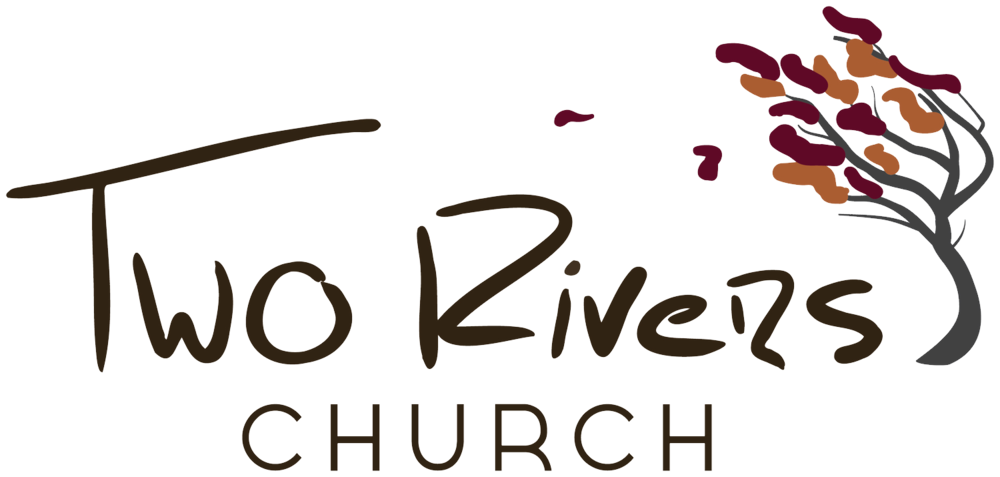It was only recently I learned that the Saturday between Good Friday and Easter is sometimes referred to as “Silent Saturday.” The day sandwiched between the Crucifixion and Resurrection where we read in Scripture that the disciples hid, in what I imagine to be stunned silence: the anguish and grief at the horrors of the previous day and the “now what,” confusion, and fears of what lay ahead.
Unlike those first disciples, we know how the story ends. On Easter we will gather, as is our custom, where the Speed and Eramosa rivers meet, and loudly proclaim, “Christ is Risen! He has risen, indeed!” But perhaps we would do well to remember the Saturday in-between. We too have Saturdays, between despair and joy. Sometimes the temptation is to jump too quickly from Good Friday to Easter– spiritual bypassing, my sister likes to remind me– a means to avoid unresolved emotional issues or psychological wounds.
The tension between the now but not yet is where we live. The pandemic has in many ways highlighted this liminal space of waiting and the unknown. How many of us sit somewhere between heartache and hope? How many of us have experienced what feels like the silence of God, or that there are no answers to our “Why’s,” or as Sufjan Stevens sings, no shade in the shadow of the cross. I appreciate that at Two Rivers we are not afraid of silence, and leave room in our gatherings for lament, questions, and doubt.
Before the Hallelujahs of Easter morning, we might draw close to our own pain and sorrow or that of others: to remember the horrors of war in the Ukraine, to sit at the bedside of a loved one who is lost in the fog of dementia, to weep with those who want children but whose wombs remain empty. Perhaps the gift of silent Saturday and what Jesus modeled for us in his death and dying is to learn how to hold pain and let it transform us rather than transmitting it to others.
For me, one of the most compelling themes of the Christian message is God with us. God present with us in our suffering. Even if we feel abandoned and alone as Jesus did on the cross, it is a trust that we are being held in love. It is a hope that after death comes new life, that after injustice comes liberation, that after the darkness of the tomb and long silent Saturdays comes the light of morning.
The dawn of a new day, where those of us who have been perplexed, beaten, and weighed down can raise our voices in joyful song. This coming Sunday at sunrise, with guitar in hand, Glen will lead those of us gathered at the converging rivers in singing my favourite Easter hymn: The strife is o'er, the battle done; the victory of life is won; the song of triumph has begun. Alleluia! Indeed, Hallelujah! Peace and love to you all this holy week. DV
